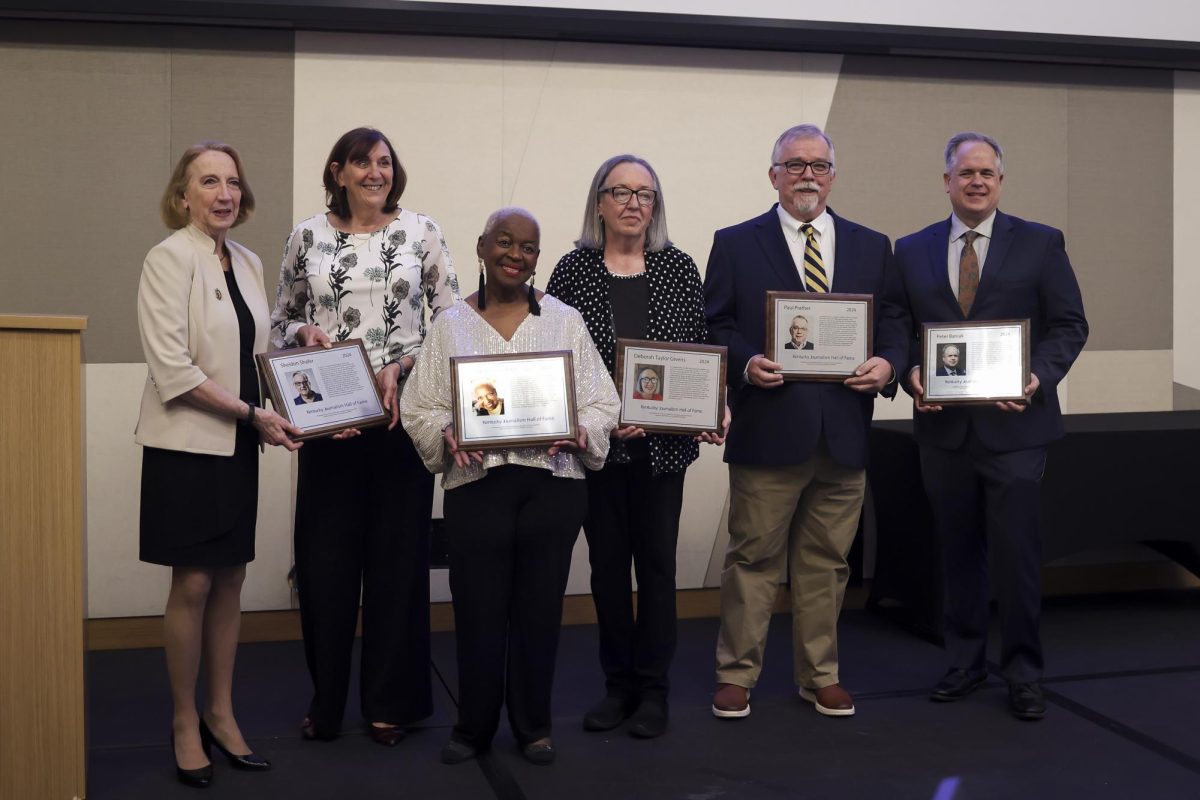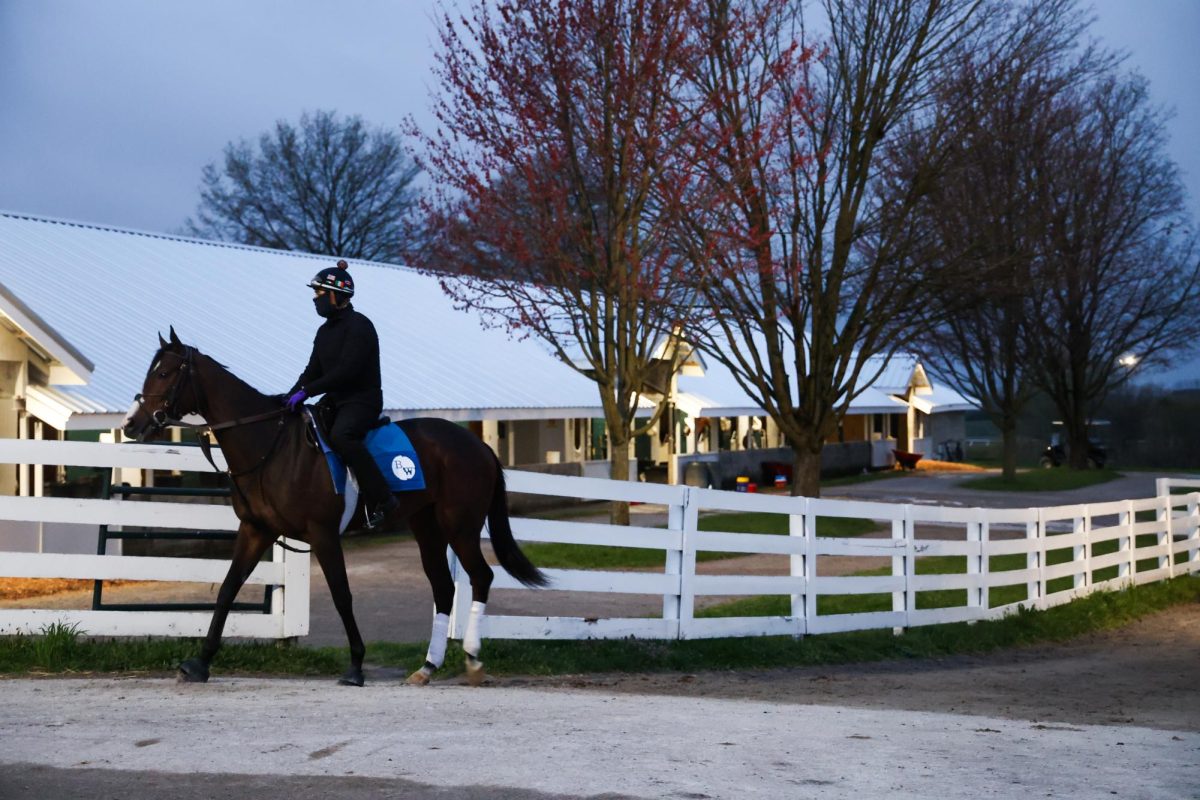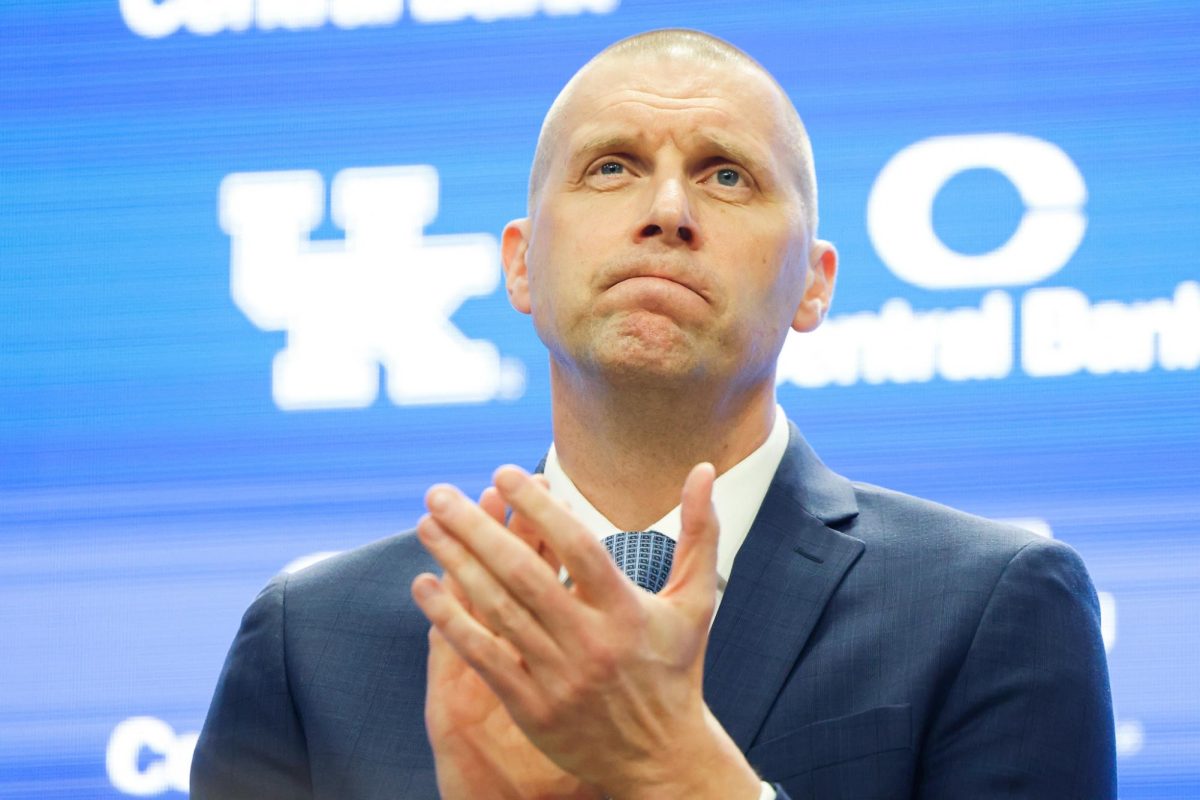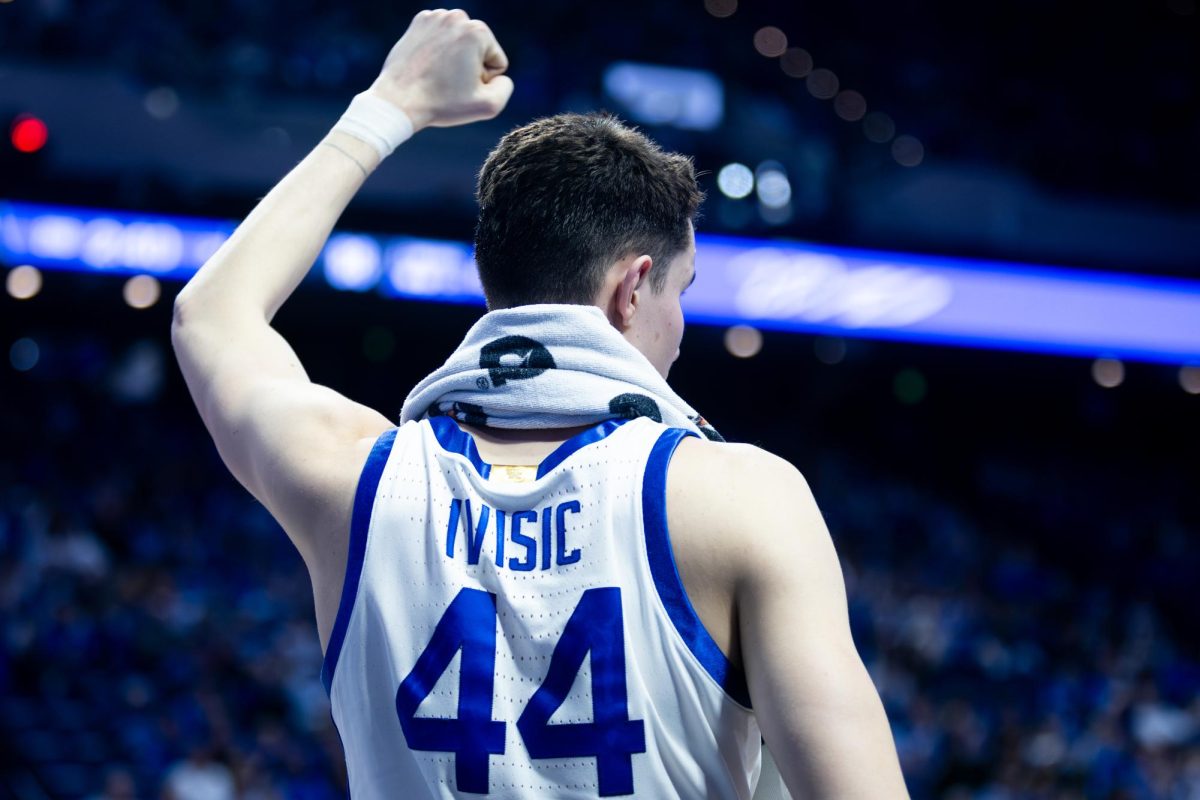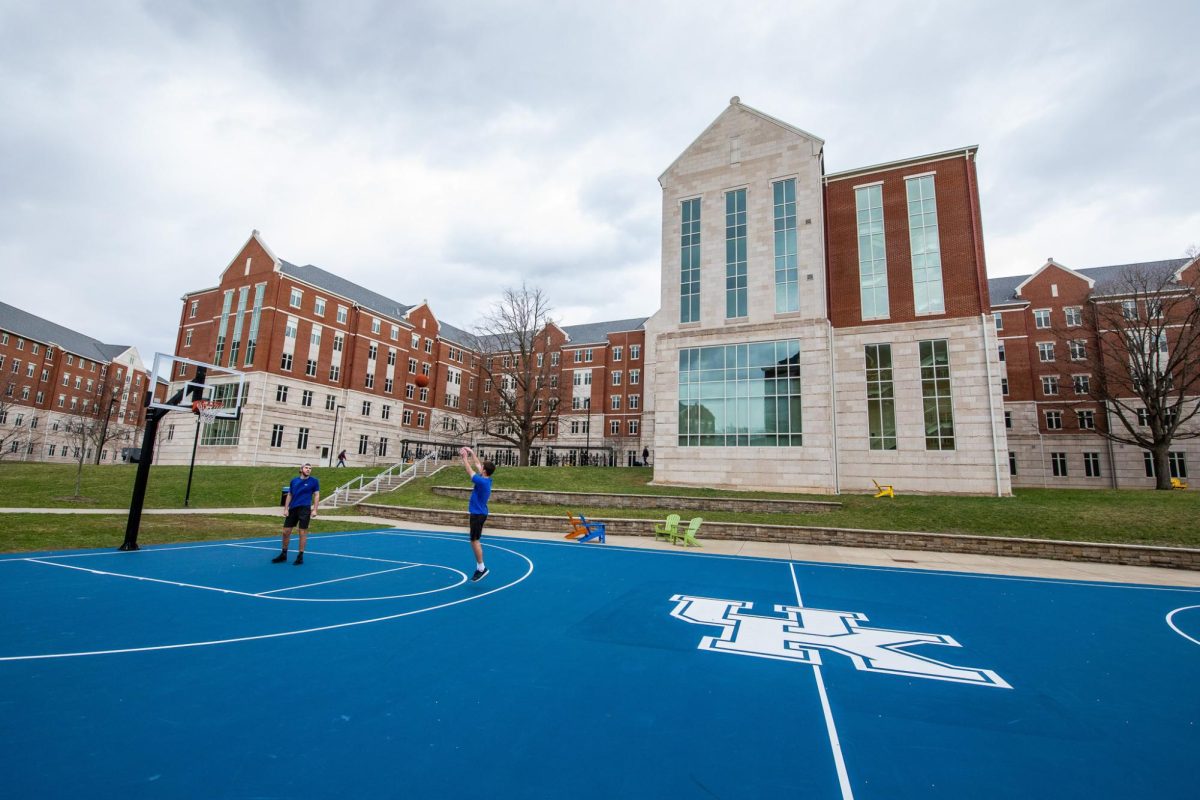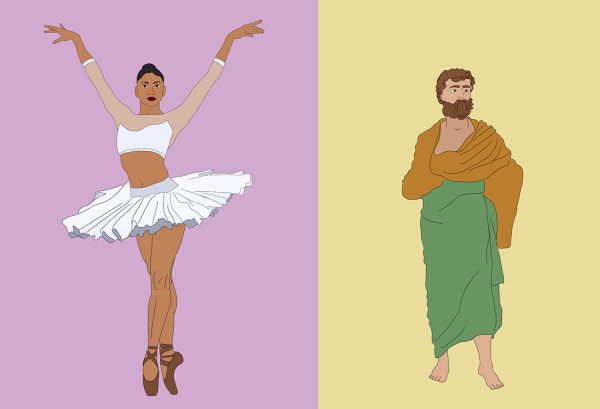A disability must not hold student back from passion
December 10, 2008
According to Patty Bender, the assistant vice president of the Institutional Equity and Equal Opportunity department at UK, Jena Richards is not deaf.
This, of course, comes as news to Richards, who requires a cochlear implant and the assistance of an interpreter to hear as well as others do. The implant helps her hear only about 85 percent as much as people who have perfect hearing, and recently she was denied an interpreter by the UK Disability Resource Center as a member of the UK equestrian team. In a Dec. 3 Kernel article, Richards said she was denied this service because it did not meet the guidelines for the Americans with Disabilities Act.
“(The DRC) said their rules do not cover needs that are outside of the classroom or school-related events,†she said in the article. “So, therefore, they did not feel UK was responsible to pay for the services.â€
As part of her appeal to the university, Richards met with Bender — a meeting which, the Kernel reported, did not go well.
“We were not prepared and I did not know what to expect from this meeting,†Richards said. “I was too angry and hurt because, according to her, I’m not deaf.â€
She is not deaf.
Of all her appeals to UK, including one directly to UK President Lee Todd, only Bender answered: due to her implant, she is simply not deaf enough to be provided an interpreter for the sport she loves.
But this response is not only one of ignorance and intolerance of people with disabilities, but also irrelevant because Richards is not able to wear her implant while participating in equestrian events because her helmet interferes with it. Even without her implant, UK’s refusal to provide her with hearing assistance means Richards must still not be deaf enough.
Liz Hill, executive director of the Kentucky Commission on the Deaf and Hard of Hearing, said in the Dec. 3 Kernel article that legal protections exist for the deaf.
“Section 504 of the Rehabilitation Act, which covers postsecondary institutions, states that social and recreational programs and activities of the institution may not discriminate based on disability,†Hill said.
Because of these types of legal protections, membership to the equestrian team cannot be denied to Richards simply based on her disability. But participating in the sport is dangerous without being able to hear, making her position on the team a risk to her personal safety.
Since the equestrian team acts as an extracurricular activity not serving for educational purposes, the DRC denies they have any responsibility to provide a UK student with hearing assistance. It isn’t a “classroom need†or a “school-related event,†standards set by the Americans with Disabilities Act.
According to Sections 2 and 3 of the Americans with Disabilities Act, “postsecondary institutions are required by law to provide any reasonable accommodation that may be necessary for those with disabilities to have equal access to educational opportunities and services available to nondisabled peers, if requested.â€
If the only reason Richards can’t participate on the equestrian team is her inability to obtain an interpreter, then she is not receiving equal access to a UK-related group. If the DRC, Bender or Todd wants to deny her request, they are saying she cannot participate because she is deaf.
Maybe she should be more deaf so UK might take her request more seriously. That is, after all, Bender’s reason for denying her appeal.
Richards isn’t giving up. She plans to meet with the Institutional Equity and Equal Opportunity department again and bring along support from UK equestrian coach Michelle Zimmer, a representative from the Kentucky Commission for the Deaf and Hard of Hearing, instructors with experience working with disabled students, and advocates for the deaf.
Perhaps these people — a group who advocates for equal rights for all students to engage in the academic, social and athletic opportunities UK offers — will be able to convince Bender and Todd to support students with disabilities at the university.
Perhaps their voices won’t fall on deaf ears.




